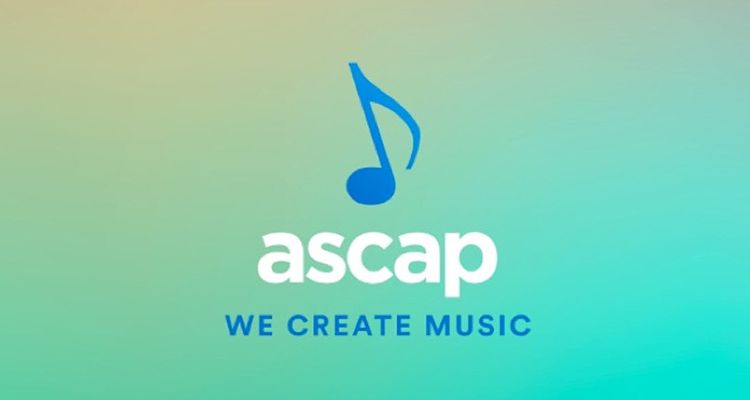
ASCAP Pushes for Voluntary Music Licensing and Expanded Right of Publicity in Latest AI Copyright Filing
ASCAP has submitted new comments to the Copyright Office regarding artificial intelligence, specifically addressing arguments from AI and tech companies like Anthropic. The organization's latest submission focuses on three key points while building upon their detailed position shared a month prior.

ASCAP logo with musical note
Key Points from ASCAP's Submission:
- Direct Voluntary Licensing
- ASCAP emphasizes that licensing models will adapt to new technical environments
- Challenges the argument that AI training data volume prevents direct voluntary licensing
- Cites Boomy as an example of AI platform using fully licensed materials
- Threat to Human Creativity
- Unlike previous technologies (sound mixing, autotune), AI can generate new content autonomously
- Creates high-quality content at scale and instantaneously
- Poses real threat to creators' livelihoods
- Need to balance AI benefits against potential negative impacts on human creators
- Enhanced Federal Right of Publicity
- Advocates for stronger federal protection
- Current state laws inadequate for AI challenges
- Addresses unauthorized use of creators' image, likeness, and voice
The No Fakes Act:
- Introduced in October
- Establishes penalties for unauthorized "digital replicas" of sound recording artists
- Defines digital replicas as computer-generated content nearly indistinguishable from originals
- Challenges remain regarding naturally similar voices and training data usage
This development highlights ongoing tensions between technological advancement and creative rights protection in the music industry, with particular focus on fair compensation and creator protection in the AI era.
Related Articles

Songwriter Fund Reopens Applications After Distributing $400K in Relief Payments
